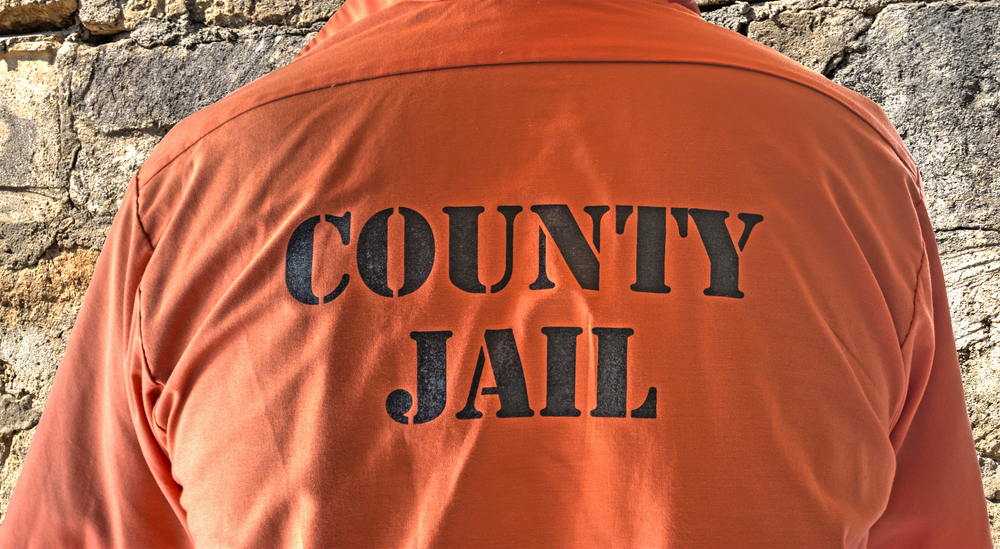If a victim is summoned, he has to attend court. If he doesn’t show up, the court can put out a warrant for his arrest, and it could let the accused off on his charges.
Contents
hide
Whether a victim must attend court depends on the nature of the case, the charges involved, and the victim’s role in the legal process.
When A Victim May Or May Not Be Required To Appear In Court
If the Victim Is a Key Witness
- Required to Attend – If the prosecutor or defense has subpoenaed the victim as a witness, they are legally required to attend court and testify. Failing to appear could result in contempt of court or legal consequences.
- Criminal Cases – In cases such as domestic violence, assault, robbery, or other crimes where the victim has firsthand knowledge, the court may require the victim’s testimony.
- Trial or Preliminary Hearings – If the case goes to trial, the victim may be called to provide testimony before a judge or jury.
If the Victim Does Not Want to Testify
- Subpoena Required – A victim cannot be forced to testify unless they receive a subpoena (a legal order to appear in court). If no subpoena is issued, attendance is optional.
- Domestic Violence Cases – Even if a victim wants to drop charges, the prosecution may still proceed with the case. Some jurisdictions allow prosecutors to use 911 recordings, medical records, or witness testimony even if the victim refuses to testify.
- Fifth Amendment Rights – In some cases, a victim may have the right to remain silent if testifying could incriminate them.
Civil Cases (Lawsuits, Restraining Orders, Etc.)
- Required if Filing the Case – If the victim is the plaintiff (the person suing), they usually must attend hearings and present their case.
- Optional for Some Civil Cases – In restraining order hearings, a victim’s attendance is important but not always mandatory if legal representation is present.
If the Victim Wants to Attend but Not Testify
- Public Trials – Most criminal trials are open to the public, and victims can attend voluntarily even if they are not testifying.
- Victim Impact Statements – In sentencing hearings, victims may have the opportunity to give a statement about how the crime affected them.
What Happens If a Victim Refuses to Attend?
- If Subpoenaed: The court may issue a warrant or penalty for noncompliance if a victim refuses to appear.
- If Not Subpoenaed: Attendance is optional, and the prosecutor may proceed without the victim’s testimony.
- If the Victim Changes Their Story: Providing false information can lead to perjury charges if the case goes to trial.
*A victim must attend court if subpoenaed but is not always required if no subpoena is issued. In some cases, the prosecution can proceed without the victim’s testimony using other evidence. Victims in civil cases may need to attend if they initiated the lawsuit or hearing.




